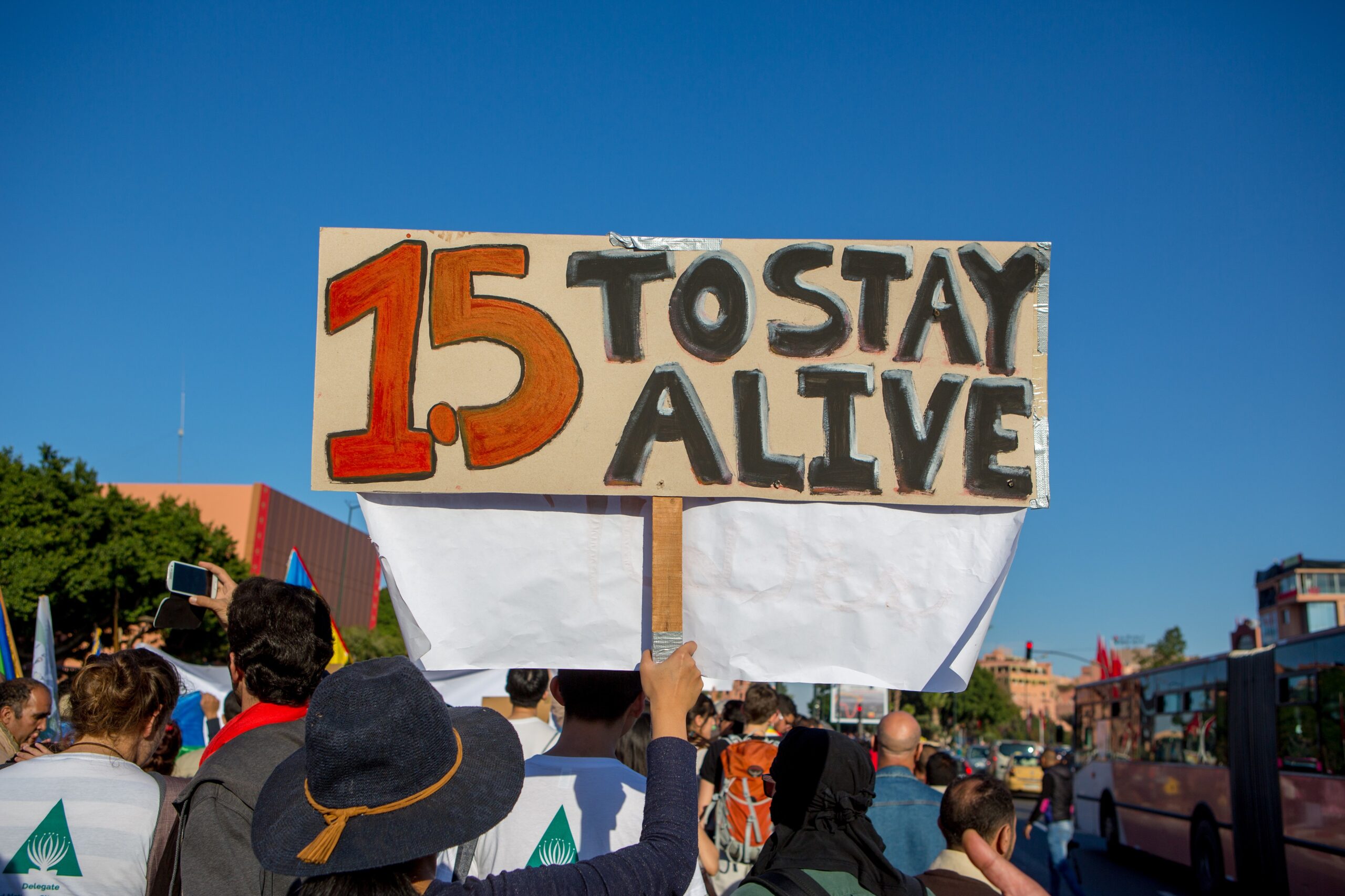On Tuesday 7 May, the New Zealand Government announced that they would be responding to the call for meaningful climate legislation.
Words: Briar Wyatt. Photos: David Tong
Since 2016, youth climate movement Generation Zero have been campaigning for an ambitious law to fight climate change. Their aim was a piece of legislation that would survive beyond election cycles. Something that would demand long-term commitments to reducing Aotearoa’s emissions and contribution to global temperature increase.
On Tuesday 7 May, the New Zealand Government announced that, finally, they would be responding to the call for meaningful climate legislation. The “Zero Carbon Act” Bill (actually an amendment to the existing Climate Change Response Act 2002) text has now been released.
Non-governmental organisations ranging from Greenpeace to WWF have made it clear that the Zero Carbon Bill is a first step, but there’s plenty more to do. The Bill will be brought to Select Committee in the latter half of 2019 and Minister for Climate Change James Shaw is urging New Zealanders to turn up and help strengthen what will become our first overarching framework for coping with climate change in Aotearoa.
Here’s what you need to know:
We’ve introduced a goal of minimising global temperature increase to 1.5°C into legislation for what is believed to be the first time, ever
While limiting temperature rise to 1.5°C was an ambitious goal recognised under the UNFCCC Paris Agreement, it wasn’t until the Intergovernmental Panel on Climate Change report on Global Warming at 1.5°C was released in 2018 that the wider public were properly warned about the vitality of such a goal. The difference between warming of 1.5°C and 2°C (the actual target of the Paris Agreement) means 0.6m less sea level increase, half as many vertebrate species lost, a third less insect species lost, and the preservation of up to 30 per cent more of the world’s coral reefs.
The introduction of the 1.5°C into legislation is a world first and guides Aotearoa’s current and successive governments to send our country on emissions pathways that keep us within planetary boundaries. Including this in the purpose of the Act is a win for small island developing states including the Pacific Islands, non-governmental organisations and campaigners who have been fighting for recognition of the impacts of even 1.5°C of warming for years.
All greenhouse gases (besides biogenic methane) must be reduced to net zero emissions by 2050
Considering the previous emissions reductions goal for Aotearoa was 11 per cent below 1990 levels by 2030, the goal of net zero emissions for all greenhouse gases (besides methane) by 2050 is pretty bold. To achieve this, we will require massive decarbonisation, new technology and innovation and economic transformation to move away from an economy that relies heavily on extractive industries.
We need this bold goal on paper now to ensure that we can commence a Just Transition that sees our communities, particularly those that rely directly on fossil fuel and associated industries, supported and empowered to shift to industries and jobs that are more aligned with a Zero Carbon future. Outside of the Zero Carbon Act work, the New Zealand Government in conjunction with unions, iwi, business and community interests have been working on the Just Transitions Round Table to start planning for the transition from fossil fuels. Legislating this goal introduces a level of predictability and policy stability that all of these groups agree we need to be able to start the transformation.
Planning for adaptation is front and centre, and will help vulnerable communities
Although the main purpose of the Zero Carbon Act is to reduce the greenhouse gas emissions that cause climate change, the Bill released by the Government on 7 May also outlines a requirement for a national climate change risk assessment and adaptation plan. Again, this is a win for those communities that will be (and are already) being disproportionately burdened with the impacts of climate change. Mitigation is a battle against climate change for the sake of future generations – adaptation recognises that our actions thus far have caused irreversible damage, including putting Māori taonga and cultural heritage in low-lying areas at risk of loss through coastal inundation and erosion.
The national adaptation plan will need to tell the public the Government’s objectives for adapting to the effects of climate change, and what strategies, policies and proposals will be put in place to aid in achieving these objectives. There’s scope here for this to be strengthened, including requiring such a plan to be designed in partnership with communities and mana whenua directly impact by the effects of climate change, but we have a strong start!
New Zealand will get an Independent Climate Change Commission to provide advice and guidance on future climate response
While the Bill doesn’t prescribe who should be on the Commission, it sets out a range of expertise and experience that should be kept in mind when selecting the members. They’re looking for members with, amongst other skills, an understanding of climate change mitigation and adaptation, experience with local and central government, and understanding of te āo Māori and Te Tiriti o Waitangi.
The Commission will be charged with providing interim targets — “emissions budgets” — that will be provided to the Government of time every five years as a type of accountability. These budgets will set out how much the country can emit in the given time period in order to keep within the emissions targets confirmed in the plan.
Okay, there’s quite a distance still to go
The Zero Carbon Bill is promising, but it’s not perfect. If we think of it as a first step towards achieving meaningful climate change legislation (and subsequent action) in Aotearoa, then we must also think of what we can do next to strengthen and improve the document we’ve got currently.
Although the Bill outlines a vital carbon reduction goal and some innovative new ideas for New Zealand around adaptation planning and the Climate Commission, there’s currently no way to require or force current and future governments to stick to these plans. The effect of failure to meet targets and emissions budgets is essentially just a stern telling off – the “court may make a declaration to that effect”.
Controversy has already surrounded the interim methane emissions reduction goal of 10% gross reduction below 2017 levels by 2030. Environmental non-governmental organisations say it’s nowhere near enough, farming associations think it’s unfair targeting of their industry (despite the target being considerably lower than that applied to carbon-emitting industry). In an economy that relies, more than anywhere else in the world, on agriculture (and thus has considerably higher proportion of agricultural greenhouse gas emissions than anywhere else in the world), it bears thinking about what sort of changes need to be made to our economy to truly alter the emissions pathways we are on.
We know there’s a lot more that this country can demand from the legislation that will effectively determine our climate future. The Bill will be in front of the Select Committee in the second half of 2019 (exact dates to be announced) and there will be the opportunity for everyone to have their voice heard on what they want to see improved on the current Bill.
In the wise words of Bill McKibben, author of The End of Nature, widely recognised as the first major text on climate change, winning slowly is the same as losing. Let’s make sure we get this legislation right.






